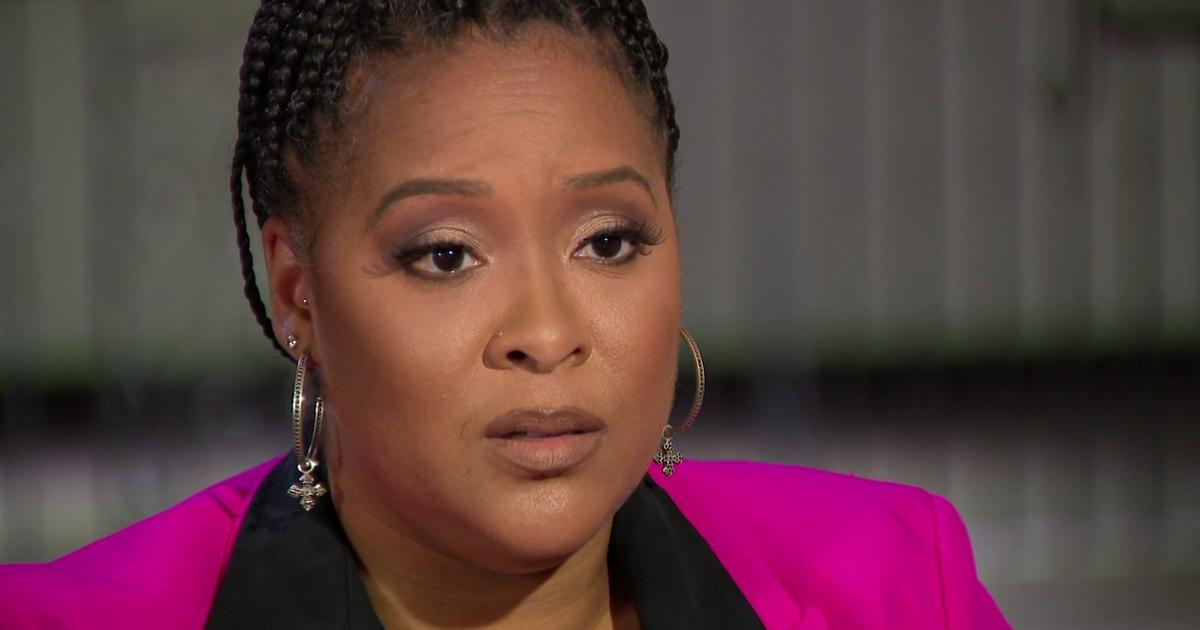If you're looking to buy your first home, you may be paying more than anyone has before
MINNEAPOLIS — The cost of buying a new home has reached a new high, according to Redfin.
The average interest rate on a fixed 30-year home loan rose to 7.1%, marking the first time this year rates have topped 7%, according to Freddie Mac.
Meanwhile, the median asking price for U.S. home — what homeowners hope their property will sell for — jumped to a record $415,925 for the four weeks ended April 21, Redfin said.
The median U.S. home sale price — what buyers actually paid for a property — also hit a record in April, reaching $383,725.
"We are in a situation where many homeowners are locked in at that low interest rate 3%,4% and don't want to give that up," said Lawerence Yun, Chief Economist with the National Association of Realtors. "So the number of new listings coming onto the market is few while at the same time, homebuilders are trying to fill the gap by building more."
Local realtor Amanda Thomas agreed with that assessment.
"Last year for the housing market was a little rough because there was a lot of new buyers that were coming to the market, but they weren't used to the extreme increase in interest rates," she said. "I mean, interest rates doubled last year. And so this year, I think people are getting a little bit more used to things and just accepting their fate with the 7% interest rates and just getting warmed up to the market again."
Yun says the problem with the current market is simple economics: Demand has continued to grow while supply continues to dwindle, pushing prices up.
"(Existing) homeowners have been the big beneficiary of the current housing market dynamics, but it's been very frustrating for homebuyers, especially the first-time homebuyers where affordability simply appears to be getting out of hand," he said. "The Federal Reserve is not helping. They are delaying the rate cut and consequently, the affordability, the monthly payment to purchase a typical home is rising and it's a very difficult circumstance for first-time buyers."
Yun says a market crash is unlikely considering the strong demand and lack of recession. He believes government programs or policy changes could allow for more stabilization.
"Removing some of the regulatory barriers for homebuilders to build more homes, maybe rezoning so that we can produce more densely housing units in a same location," he said. "(Maybe) even some tax policy changes, things like...can we provide some tax credit incentive for real estate investors, Mom and Pop real estate investors who may have four or five properties. Are they willing to let one of those properties onto the market?"





